Becoming a real estate open house master isn’t just about showing homes; it’s about showcasing your expertise, building relationships, and marketing effectively. Whether you’re a seasoned real estate agent or new to the game, this comprehensive guide will help you excel in hosting open houses and establishing yourself as an area expert.
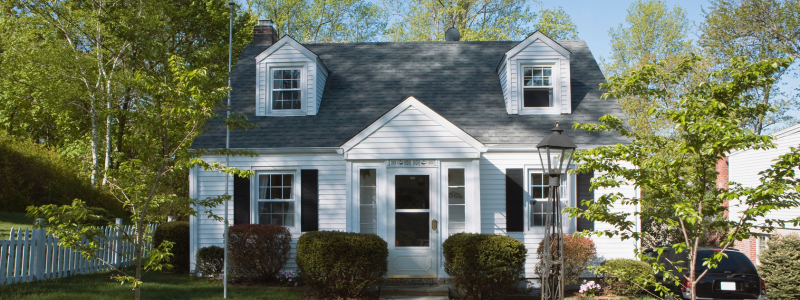
Choosing the Perfect Property
Let’s start with selecting the ideal property for your open house. What area are you wanting to focus on? Where do you want to have name/brand recognition?
Pick a House:
If you do not have a listing of your own or want to focus on becoming an area expert, choose a home with easy access, a good price point, and great online visibility. These factors will attract more visitors and enhance your reputation in the area.
Research the Area:
Know the neighborhood inside out. Be familiar with ongoing and upcoming development projects, local amenities like parks, restaurants, and shopping centers, and any planned expansions or infrastructure improvements. This knowledge allows you to answer any questions potential buyers might have and positions you as an expert in the area.
Network:
Engage with local agents in the area and in your office. Stay informed of upcoming listings by asking detailed questions to understand the unique selling points of these properties. Establishing a rapport with other agents can lead to more opportunities to represent their properties and speak to potential buyers/sellers of current and upcoming listings.
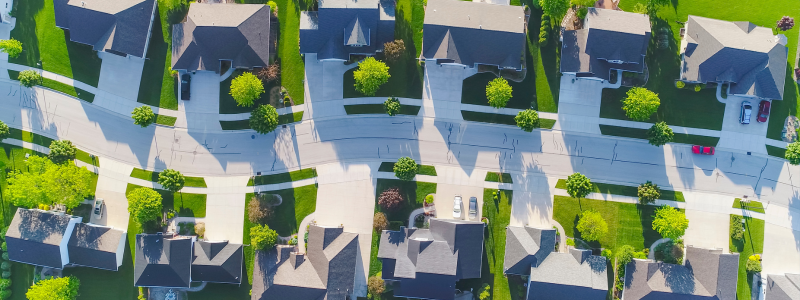
Preparing for the Open House
Create Informational Packets:
-
-
- Buyer/Seller brochure
- Flyers with property details
- Upgrade sheet
- Information on upcoming local events
- Neighborhood report and area stats
- Buyer agency pamphlet
- Your resume
-
Know the Market:
Be aware of current listings and recent sales in the area. Be prepared to discuss how your listing compares and highlight its unique features. Touring active or pending properties helps you stay informed and ready to match or exceed the knowledge of today’s well-informed buyers. For example, explain why a nearby home sold for less (e.g., it had power lines in the backyard).
Plan Your Signage:
Don’t just rely on GPS. Scout the area beforehand to determine the best places to put signs for maximum visibility. Your signs should be clear and strategically placed at high-traffic intersections and near local amenities.
PRO TIP: Print out a map of the area and mark down where you put or plan to put each sign ahead of time. This will make it easier to collect them all after your open house to ensure you’re not missing any.
Invite Your Guests:
You wouldn’t host a party and not send out any invites to your friends, would you? Share about your upcoming house on social media, with the buyers in your database who meet the house’s criteria, and even door knock the surrounding neighbors and invite them to come take a peak! Inviting neighbors opens up the opportunity to meet with potential sellers as well as expands the reach of your open house (everyone has a friend they’d love to live near by them).
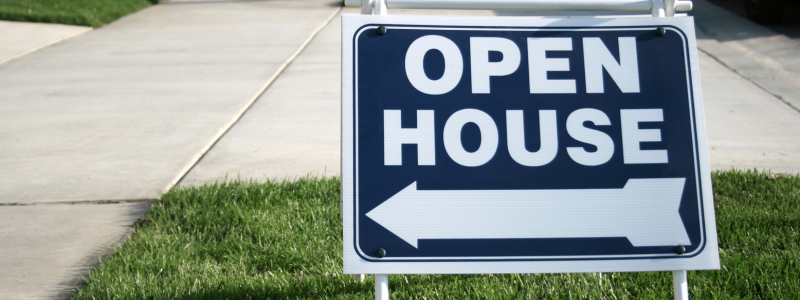
Day of Open House
Be Early:
Arrive early to prepare the house. Turn on all lights, ensure your marketing materials are out, and play light music through a Bluetooth speaker to create a welcoming atmosphere.
Set Up Signs:
After prepping the house, go out to place your signs. This ensures you’re not scrambling to prepare the house when potential buyers start arriving.
Stay Positive:
Focus on positive affirmations and manifesting success. Your energy will attract buyers, as people are drawn to positivity and confidence, and they will feel this energy when they walk into the house. There is nothing worse than attending an open house and feeling like you’re a burden to the agent while you ask questions.
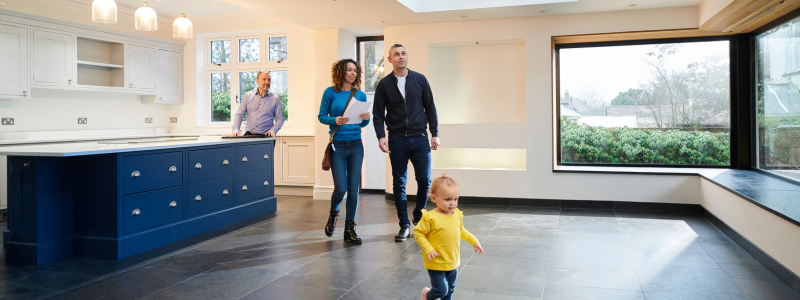
The Open House Experience
Warm Greetings:
Greet each visitor warmly, introduce yourself, and mention a standout feature of the home. For example, say, “Don’t miss the spa-like bathroom.”
Hang Back in the Kitchen:
Everyone checks out the kitchen, and people naturally gravitate toward it. Be there to answer questions without being intrusive. Use this opportunity to engage in casual conversation and gather information about their home-buying needs.
Engage Naturally:
Ask questions like, “What did you think of the spa-like bathroom?”, “Isn’t that tile feature in the ensuite beautiful?” or “Do you have other homes you are viewing today?” This approach allows you to gather insights without making visitors feel pressured.
Follow Up:
I don’t ask people to sign in. Instead, I answer any questions they have and if I need to send additional information, it gives me the opportunity to get their contact details for follow-up. However, many agents do ask for a sign in or a simple exchange of information for a giveaway draw so that they can follow up. Follow what feels most natural to you!
Update the Seller:
Before leaving the property, update the seller or listing agent on the open house activity. They are eager to hear about potential buyers and feedback.
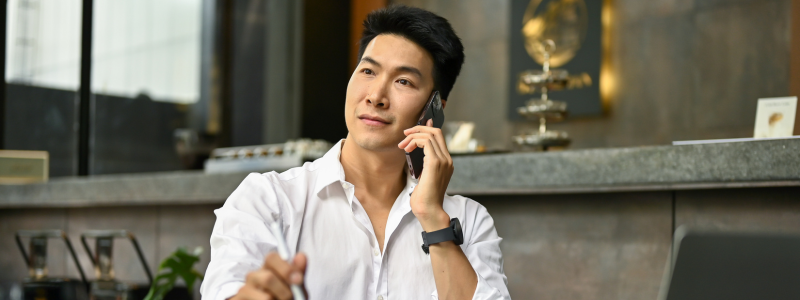
Post Open House
Follow Up:
Follow up with any buyers looking for more information and ask if you can add them to your mailing list.
Update Your CRM:
Update your CRM/database and set up anyone who gave you permission to add to your mailing/email list.
Send Handwritten Notes:
If neighbors come by and share either their name or which house they live in, look up the address and send handwritten notes. For example, “Nice to meet you and thank you for coming by.”
Consistency is Key
Success in real estate isn’t instantaneous; it’s about consistency and persistence. This is never more true than with open houses. Think of it as farming: continuous effort yields results over time. Establish yourself as the go-to expert in your area by consistently hosting open houses. Your signs on the corner consistently will help build name recognition.
Open houses are a powerful marketing opportunity. Every person who comes in is a potential buyer or seller, and you need to remember that they are interviewing you, whether they know it or not. By showcasing your expertise, building relationships, and marketing effectively, you can become a master of real estate open houses.



